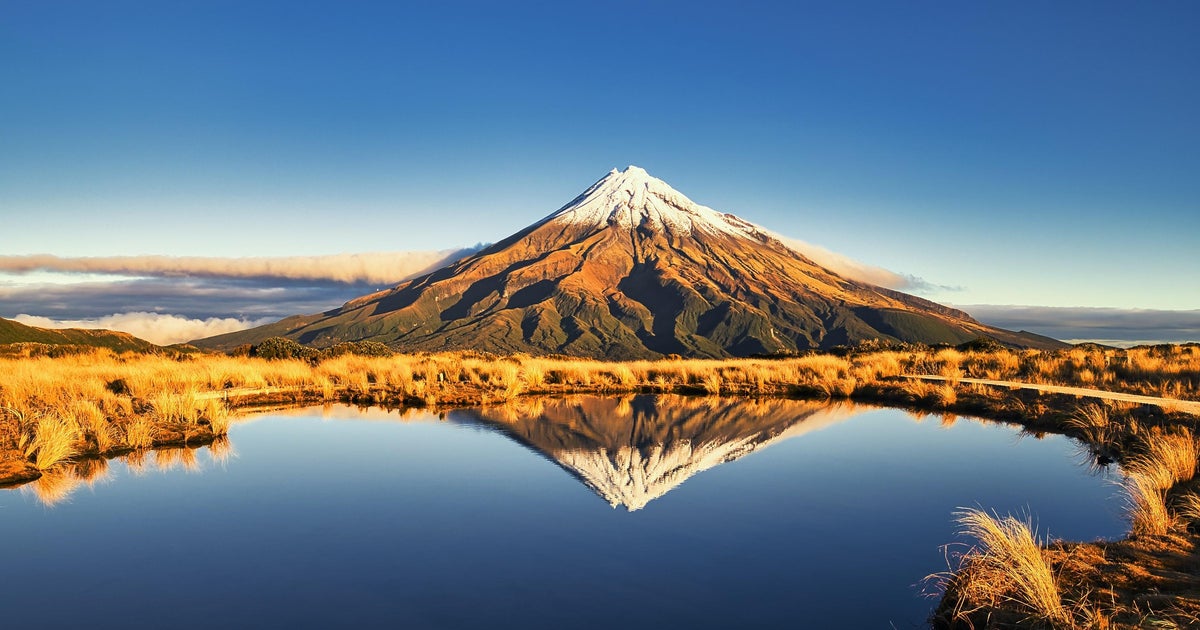New Zealand grants a mountain personhood, recognizing Taranaki Maunga as sacred to the Indigenous Māori people

Wellington, New Zealand - Mount Taranaki, now known as Taranaki Maunga, has been officially recognized as a legal person under a new law passed on Thursday. This designation grants the mountain all the rights, powers, and responsibilities of a human being, reflecting the deep cultural significance it holds for the Indigenous Māori people. The mountain's recognition follows previous similar acknowledgments in New Zealand, including those of a river and sacred land.
The legal status of Taranaki Maunga is seen as a step toward correcting historical wrongs inflicted during the colonization of New Zealand, particularly the confiscation of land from the Māori people. The law fulfills a governmental agreement aimed at redressing these injustices, providing a legal framework that acknowledges the mountain's importance as both a physical landmark and a spiritual ancestor. Its legal identity is defined as "Te Kāhui Tupua," which encompasses the mountain and its surrounding elements as an indivisible whole.
A newly established entity, representing both local Māori iwi and appointed government officials, will act as the mountain's representative. This initiative aims to ensure the mountain's health and well-being, preventing forced sales and restoring traditional practices while allowing for conservation efforts to protect the native wildlife. The law also emphasizes the importance of public access to the area for tourism and recreation.
The historical context of colonialism in New Zealand includes the signing of the Treaty of Waitangi in 1840, which promised Māori retention of their land rights. However, discrepancies between the Māori and English versions led to ongoing breaches by the Crown, culminating in the significant confiscation of Taranaki lands in the 19th century. Only in recent decades has there been a resurgence in the recognition of Māori rights, language, and culture, largely due to a protest movement that gained momentum in the 1970s and '80s.
The unanimous parliamentary vote to grant personhood to Taranaki Maunga was celebrated by those from Taranaki, marking a moment of unity amid current tensions regarding race relations in New Zealand. As the nation confronts its colonial past and seeks to enhance the rights of its Indigenous population, this landmark decision reflects a broader commitment to healing and justice for the Māori people.